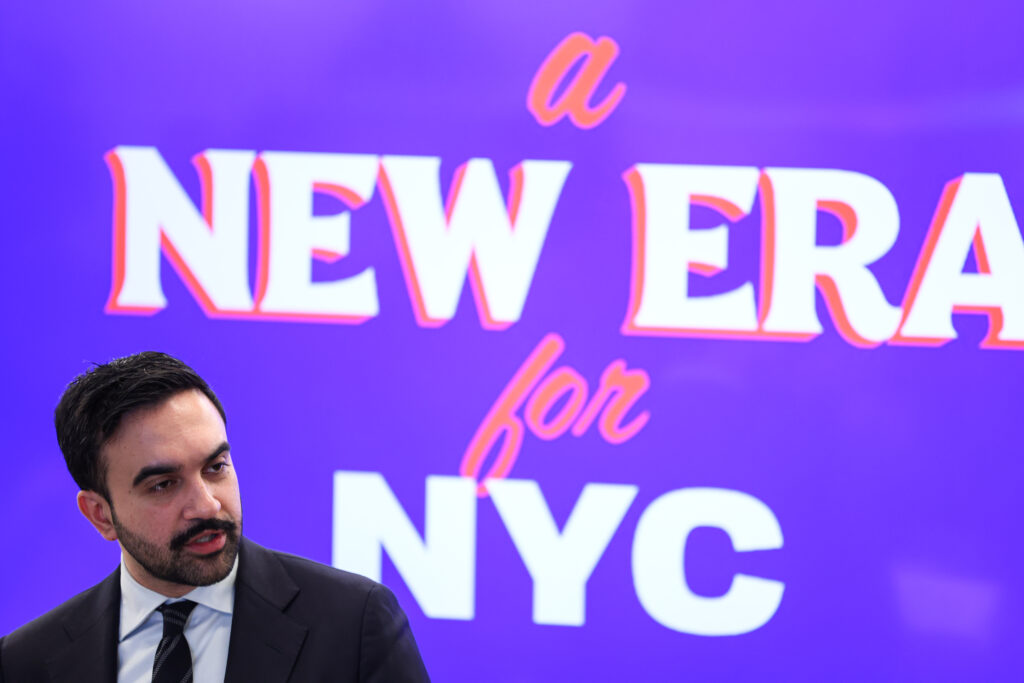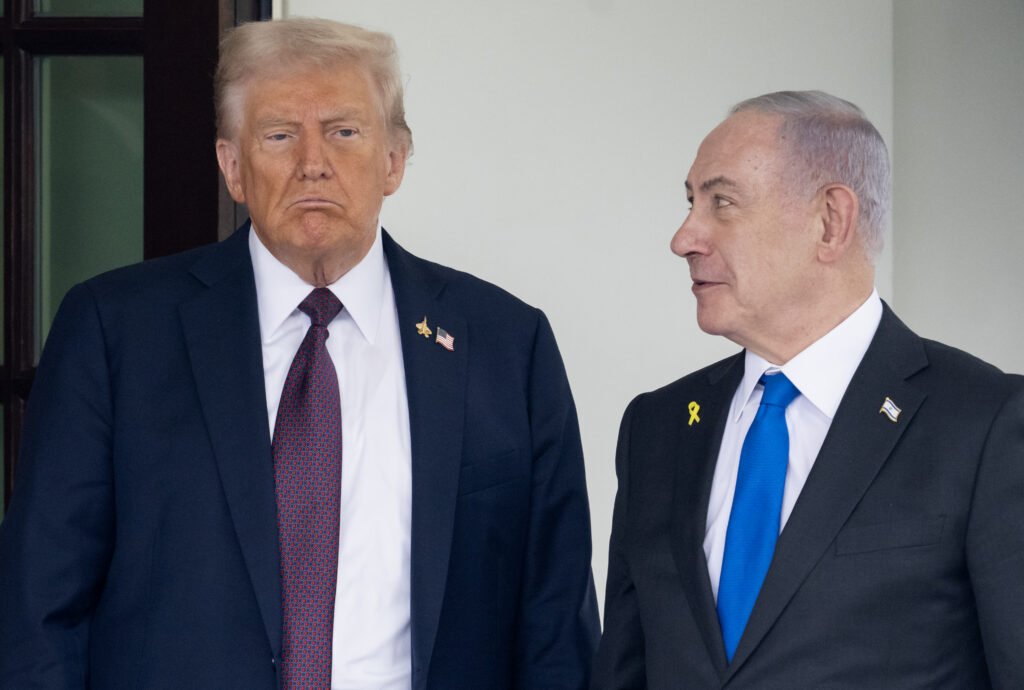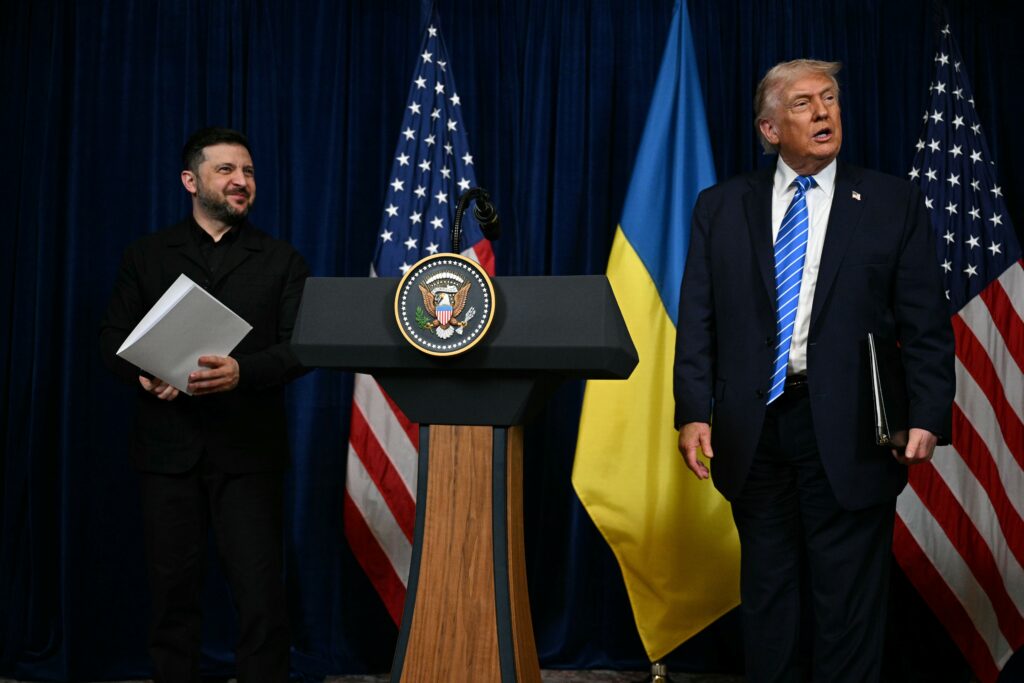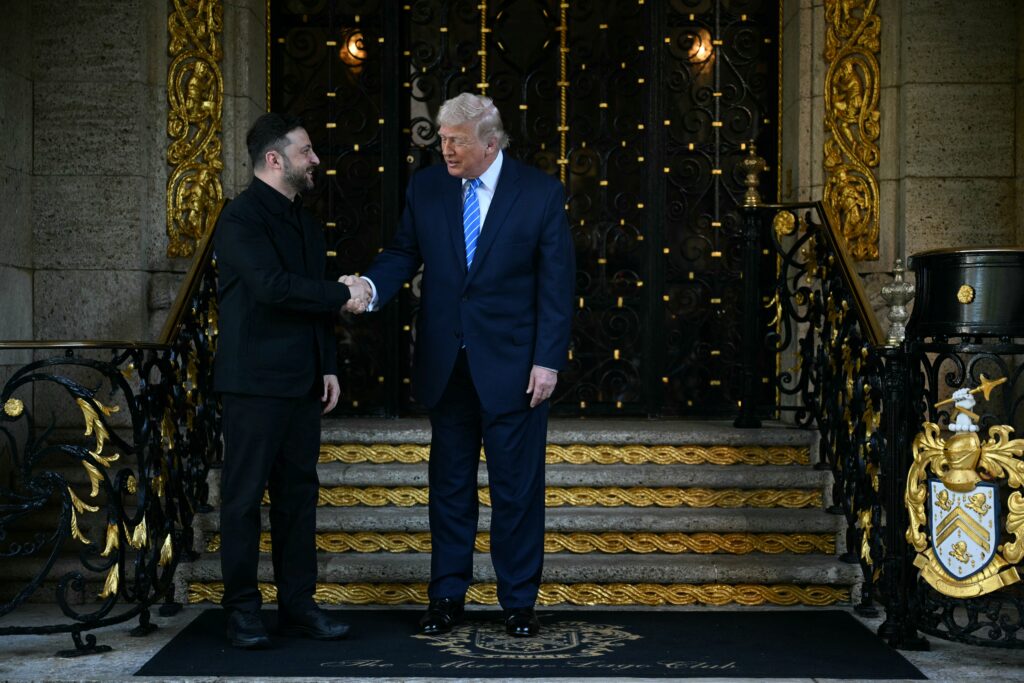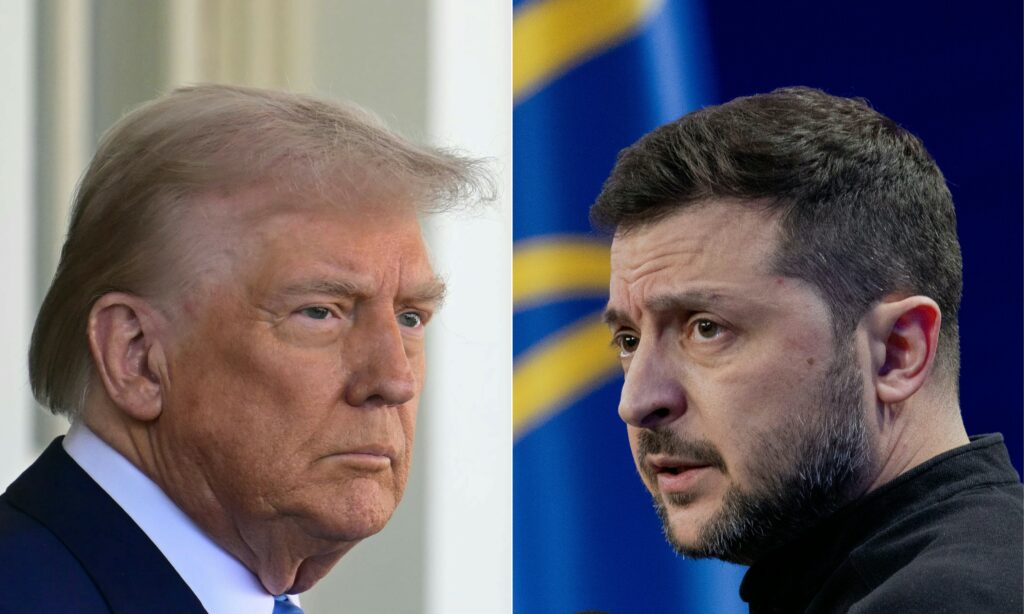New year, new mayor for New York City
New York mayor-elect Zohran Mamdani is set to become the US city’s first Muslim mayor, and the youthful optimism of his Democratic Socialist platform will be put to the test as he takes office Thursday with high expectations.- Festive swearing in -At the stroke of midnight on New Year’s Eve, New York Attorney General Letitia James — friend to Mamdani, foe to President Donald Trump — will swear in the new mayor in a private ceremony at a subway stop called Old City Hall Station. The underground venue reflects his “commitment to the working people who keep our city running every day,” his office said.At midday, left-wing stalwart Vermont Senator Bernie Sanders will preside over a much larger swearing-in ceremony open to the public outside City Hall.At a neighborhood celebration, festivities will echo “one of his core messages… that this is a great city, and we like living here,” said Lincoln Mitchell, a Columbia University political science professor. – Policy agenda -The mayor-elect, an avowed socialist, campaigned on addressing the prohibitive cost of living in the metropolis of 8.5 million. One of his key proposals is freezing rent on more than a million apartments, but it’s unclear if the city board that handles rent control — packed with appointees of outgoing Mayor Eric Adams — will be supportive.Details of Mamdani’s other campaign promises — the construction of 200,000 units of affordable housing, universal access to childcare, publicly owned supermarkets and free buses — have yet to be spelled out.But Mamdani has one ace in his pocket: an excellent relationship with New York Governor Kathy Hochul, who approves measures like the tax hikes he seeks.Once an election is over, “symbolism only goes so far with voters. Results begin to matter a whole lot more,” New York University lecturer John Kane said.- Opposition to Trump -Despite expectations to the contrary, the late November Oval Office meeting between Trump and Mamdani was cordial and calm. Mamdani “wisely sought a point of common ground with Trump: wanting to make New York City a better place to live,” Kane said.Trump can “be surprisingly gregarious toward those that he perceives to have little leverage over,” Kane added.But federal immigration officers are increasingly active in New York, which could become a flashpoint.- Reassuring the public -At 34, Mamdani is one of New York’s youngest mayors and his political resume is short — he’s held office once previously, as a local representative in the State Assembly.To compensate, he is surrounding himself with seasoned aides, recruited from past mayor’s offices and former president Joe Biden’s administration.Mamdani has also already opened dialogue with business leaders, some of whom predicted a massive exodus of wealthy New Yorkers if he won. Real estate sector leaders debunked those claims in recent weeks.As a defender of Palestinian rights, the mayor — Muslim and of Indian origin — will also have to reassure the Jewish community of his inclusive leadership style. Recently, one of his hires resigned after it was revealed she had posted antisemitic tweets years ago.- ‘Cultural figure’ -“The mayor of New York is always a cultural figure,” Mitchell said.Mamdani has already reflected some of his generation’s cultural tastes with his brief forays into rap music, improv classes in Manhattan, and wearing what the New York Times called “the quintessential entry-level suit for a 30-something striving to be taken seriously.”New Yorkers have also noted his enthusiastic support of his wife, Syrian-born artist Rama Duwaji, with approval.Her Instagram account has gained more than a million followers since November, according to Social Blade statistics.And on the cover of The Cut, New York magazine’s revered fashion and culture publication, she recently marked her own path — the hallmark of every young generation of city dwellers striving to make it there.”At the end of the day, I’m not a politician. I’m here to be a support system for Z and to use the role in the best way that I can as an artist,” she said.
